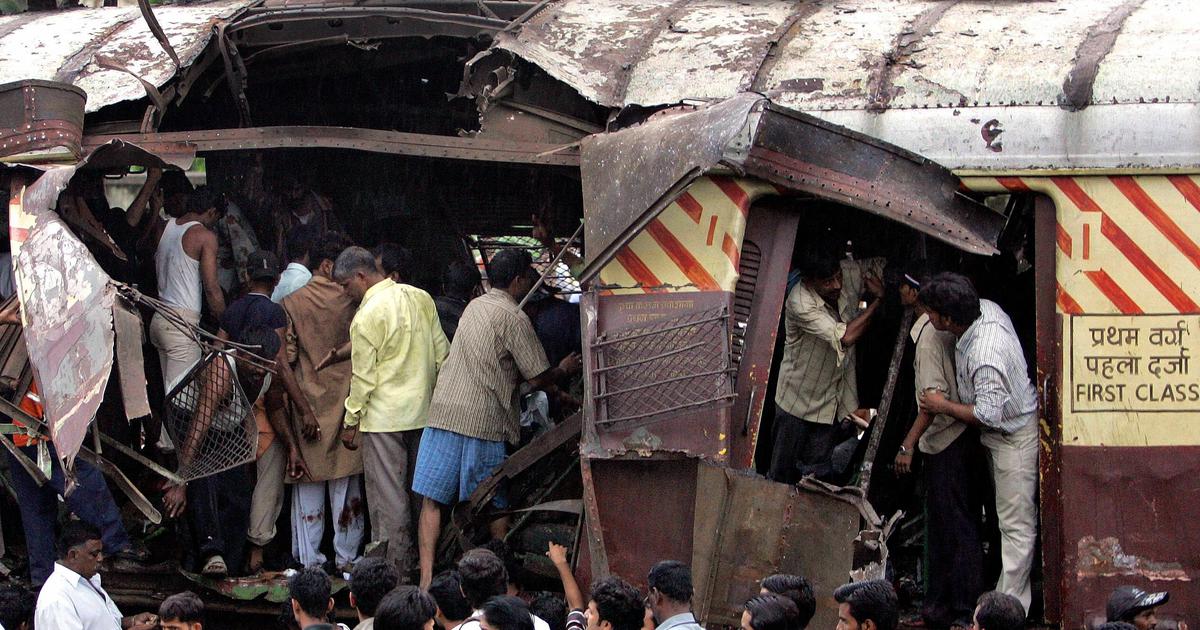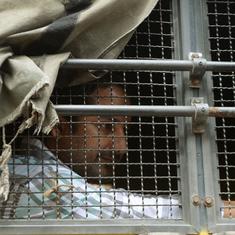All 12 acquitted in 2006 Mumbai local train blasts case
The acquittal by the Bombay High Court came nearly 10 years after a trial court had sentenced five of them to death and others to life imprisonment.

The Bombay High Court on Monday acquitted all 12 persons accused in the 2006 Mumbai local train blasts case, holding that the prosecution had “utterly failed” in establishing their guilt.
This came nearly 10 years after a special court had sentenced five of them to death and others to life imprisonment.
The case pertains to the serial blasts that took place on July 11, 2006, in which seven bombs exploded in suburban trains on Mumbai’s Western Railway line, killing 189 persons and injuring 824.
Following a trial under the Maharashtra Control of Organised Crime Act, a special court had in October 2015 convicted the 12 persons.
The five persons who had been sentenced to death by the trial court are Kamal Ansari, Mohammad Faisal Ataur Rahman Shaikh, Ehtesham Qutubuddin Siddiqui, Naveed Hussain Khan and Asif Khan. All had been held guilty of planting the bombs.
Kamal Ansari died in 2021 due to Covid-19 while in the Nagpur Central Jail.
The seven others who had been sentenced to life imprisonment by the trial court are Tanveer Ahmed Ansari, Mohammed Majid Shafi, Shaikh Mohammed Ali Alam, Mohammed Sajid Margub Ansari, Muzzammil Ataur Rahman Shaikh, Suhail Mehmood Shaikh and Zameer Ahmed Latifur Rehman Shaikh.
On Monday, a special High Court bench of Justices Anil Kilor and Shyam Chandar overturned the convictions stating that the prosecution had failed to establish its case beyond reasonable doubt.
The bench found the statements of nearly all prosecution witnesses unreliable. It said that purported confessional statements were not found to be truthful and complete, and that the accused men had succeeded in establishing that they had been tortured to extract confessions.
Referring to witness statements, the court said there was no reason for taxi drivers or fellow train passengers to remember the persons accused in the matter nearly 100 days after the incident.
The court also dismissed as immaterial the recovery of evidence such as bombs, guns and maps, saying that it was not important to the case as the prosecution had failed to identify the type of bomb used for the blasts.
The bench remarked that while punishing the perpetrator of a crime is an essential step towards curbing criminal activities, creating a “false appearance of having solved a case” would lead to a misleading sense of resolution.
“This deceptive closure undermines public trust and falsely reassures society, while in reality, the true threat remains at large,” the court said.
The bench ordered the accused men to be released from jail if they were not required in any other case.









